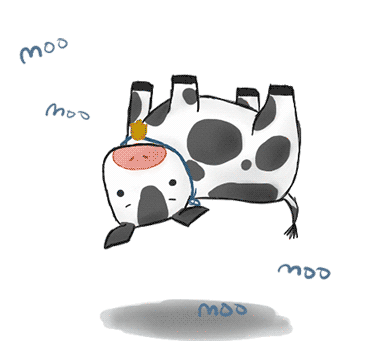| Line 29: | Line 29: | ||
<div class='abstract_section'> | <div class='abstract_section'> | ||
<center style="font-size:24px;font-weight:700;padding-bottom:5px;padding-top:0px;">Bioengineered construct</center> | <center style="font-size:24px;font-weight:700;padding-bottom:5px;padding-top:0px;">Bioengineered construct</center> | ||
| − | |||
<div class='home_imgdiv'> | <div class='home_imgdiv'> | ||
<img class="homepage_into_img" src='https://static.igem.org/mediawiki/2017/b/b2/T--UCC_Ireland--amilcp.png'> | <img class="homepage_into_img" src='https://static.igem.org/mediawiki/2017/b/b2/T--UCC_Ireland--amilcp.png'> | ||
</div> | </div> | ||
| + | A biological circuit designed to detect the presence of a specific substrate. The sensing element is specific to the substance being detected, while the readout for each construct is AmilCP, a blue coloured Chromoprotein. | ||
</div> | </div> | ||
<div class='abstract_section'> | <div class='abstract_section'> | ||
<center style="font-size:24px;font-weight:700;padding-bottom:5px;padding-top:0px;">Chassis</center> | <center style="font-size:24px;font-weight:700;padding-bottom:5px;padding-top:0px;">Chassis</center> | ||
| − | |||
<div class='home_imgdiv'> | <div class='home_imgdiv'> | ||
<img class="homepage_into_img" src='https://static.igem.org/mediawiki/2017/d/d7/T--UCC_Ireland--plasmidhp.png'> | <img class="homepage_into_img" src='https://static.igem.org/mediawiki/2017/d/d7/T--UCC_Ireland--plasmidhp.png'> | ||
</div> | </div> | ||
| + | The system is deployed initially through plasmid containing E. coli (tube-based), with the aim of progressing to a cell free system (as a lyophilised paper system). | ||
</div> | </div> | ||
<div class='abstract_section'> | <div class='abstract_section'> | ||
<center style="font-size:24px;font-weight:700;padding-bottom:5px;padding-top:0px;">Readout device</center> | <center style="font-size:24px;font-weight:700;padding-bottom:5px;padding-top:0px;">Readout device</center> | ||
| − | |||
<div class='home_imgdiv'> | <div class='home_imgdiv'> | ||
<img class="homepage_into_img" src='https://static.igem.org/mediawiki/2017/9/91/T--UCC_Ireland--phoneclipart.png'> | <img class="homepage_into_img" src='https://static.igem.org/mediawiki/2017/9/91/T--UCC_Ireland--phoneclipart.png'> | ||
</div> | </div> | ||
| + | The readout device was 3D printed and designed to attach easily to common smartphones. It uses spectrometry technology to measure the relative fluorescence or absorbance of a sample. We built an app to analyse the output from the device to determine the concentration of the substance being tested for. | ||
</div> | </div> | ||
</div> | </div> | ||
Revision as of 22:53, 1 November 2017

Our project aims to create a standardised universal biosensor strategy, that will be affordable and user friendly, containing all the components for readout. This system will consist of three elements:
















